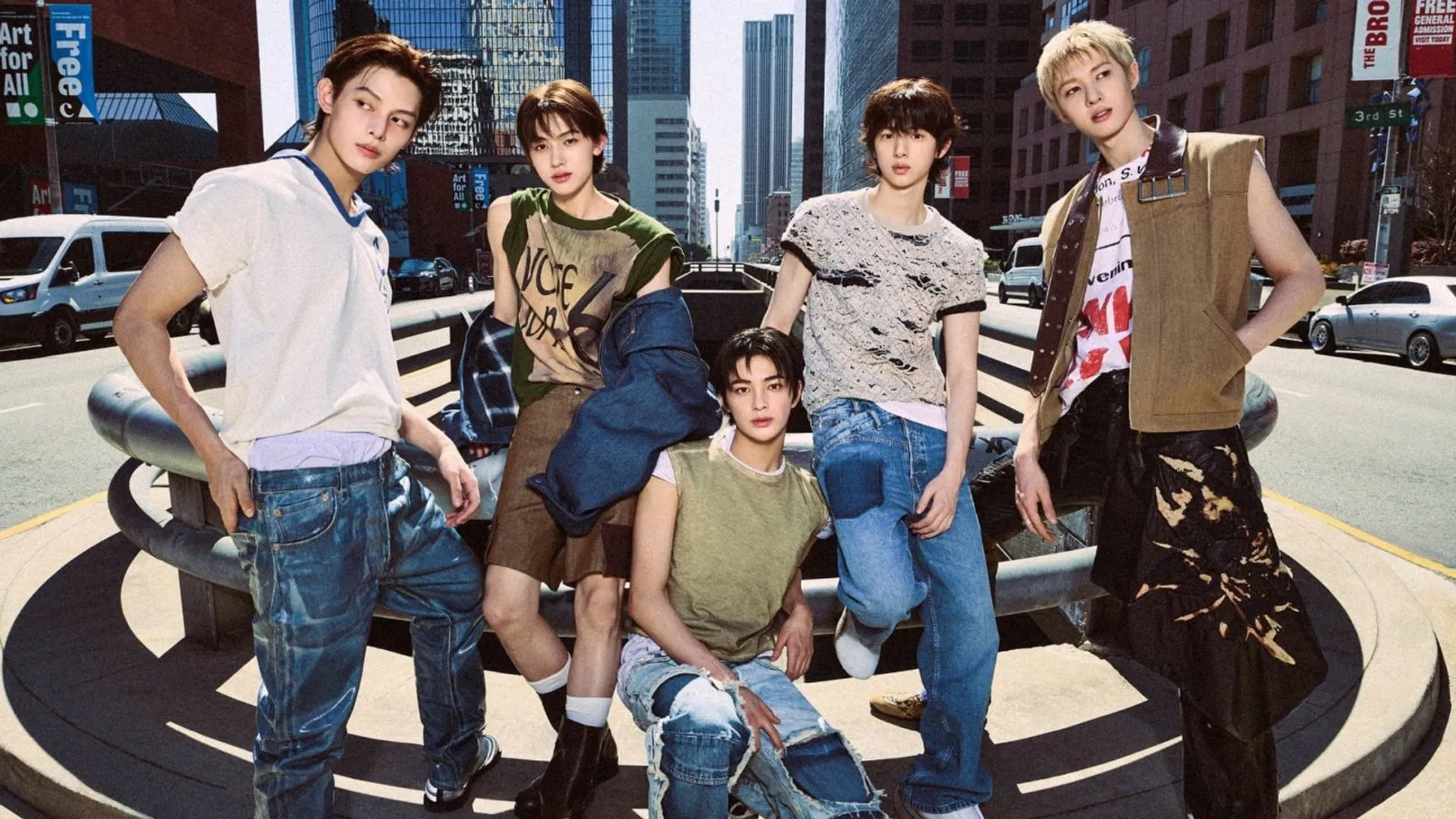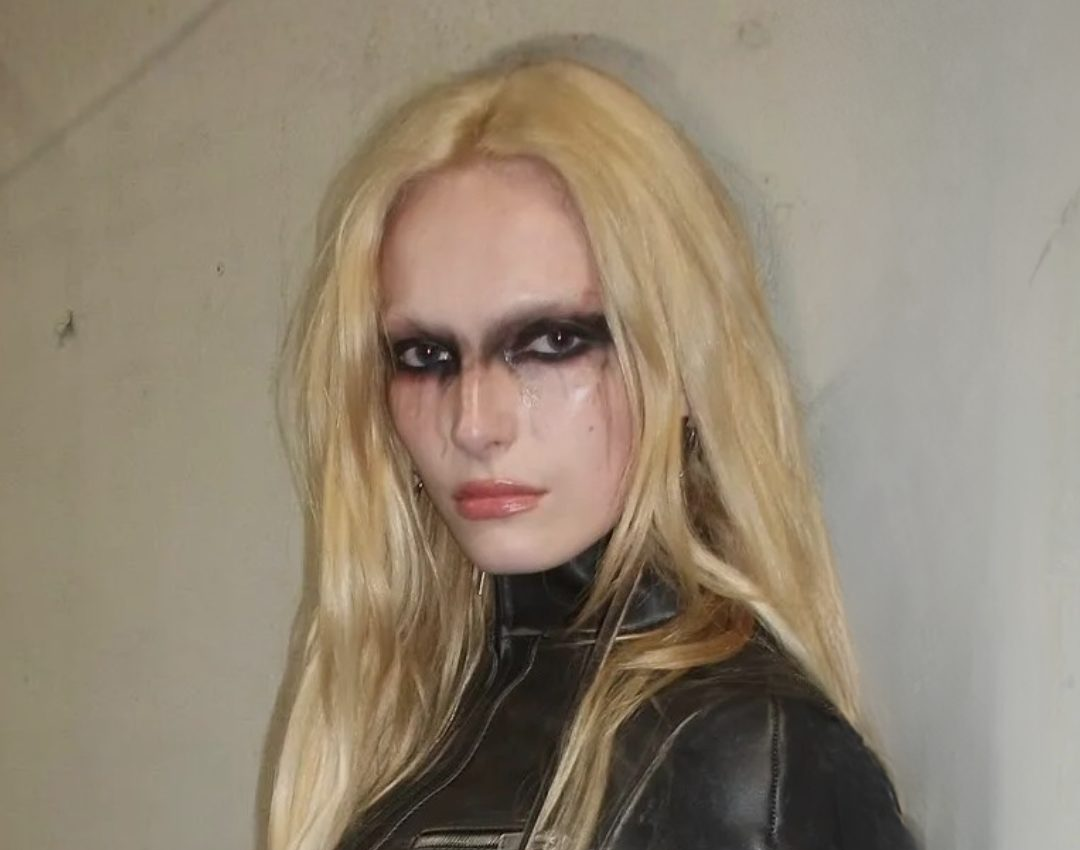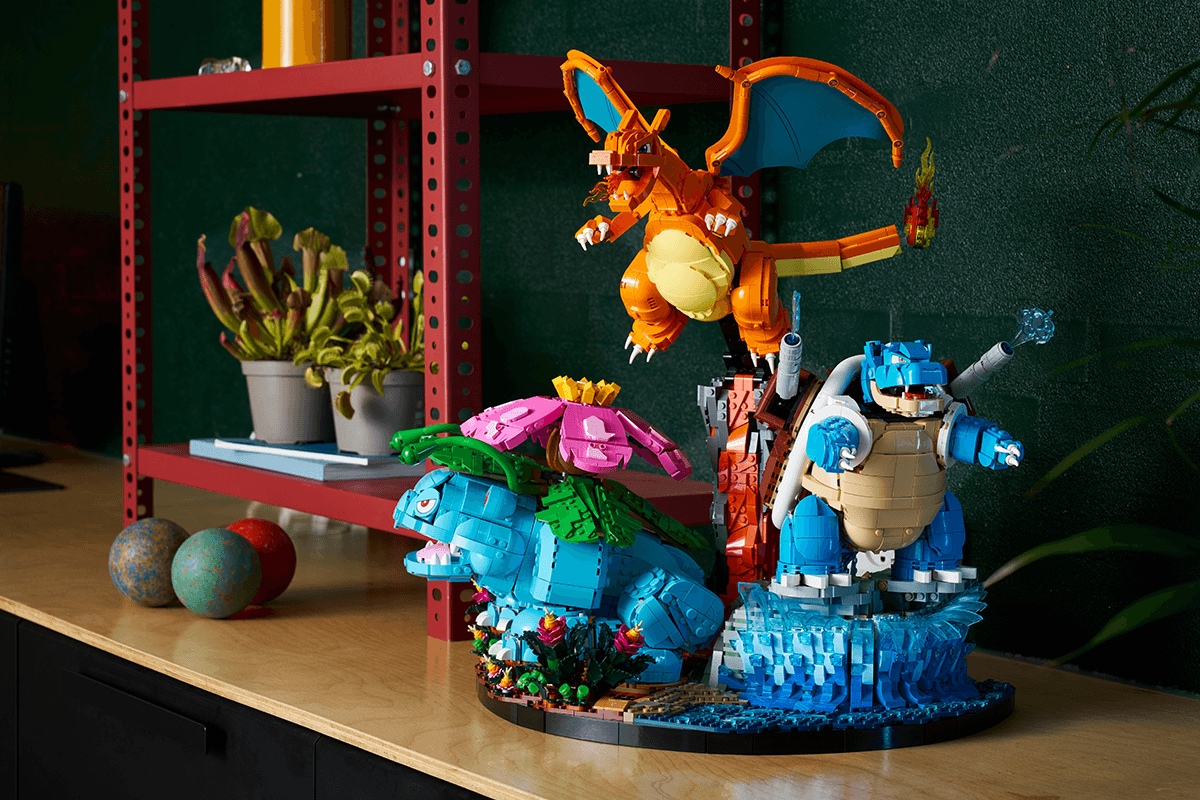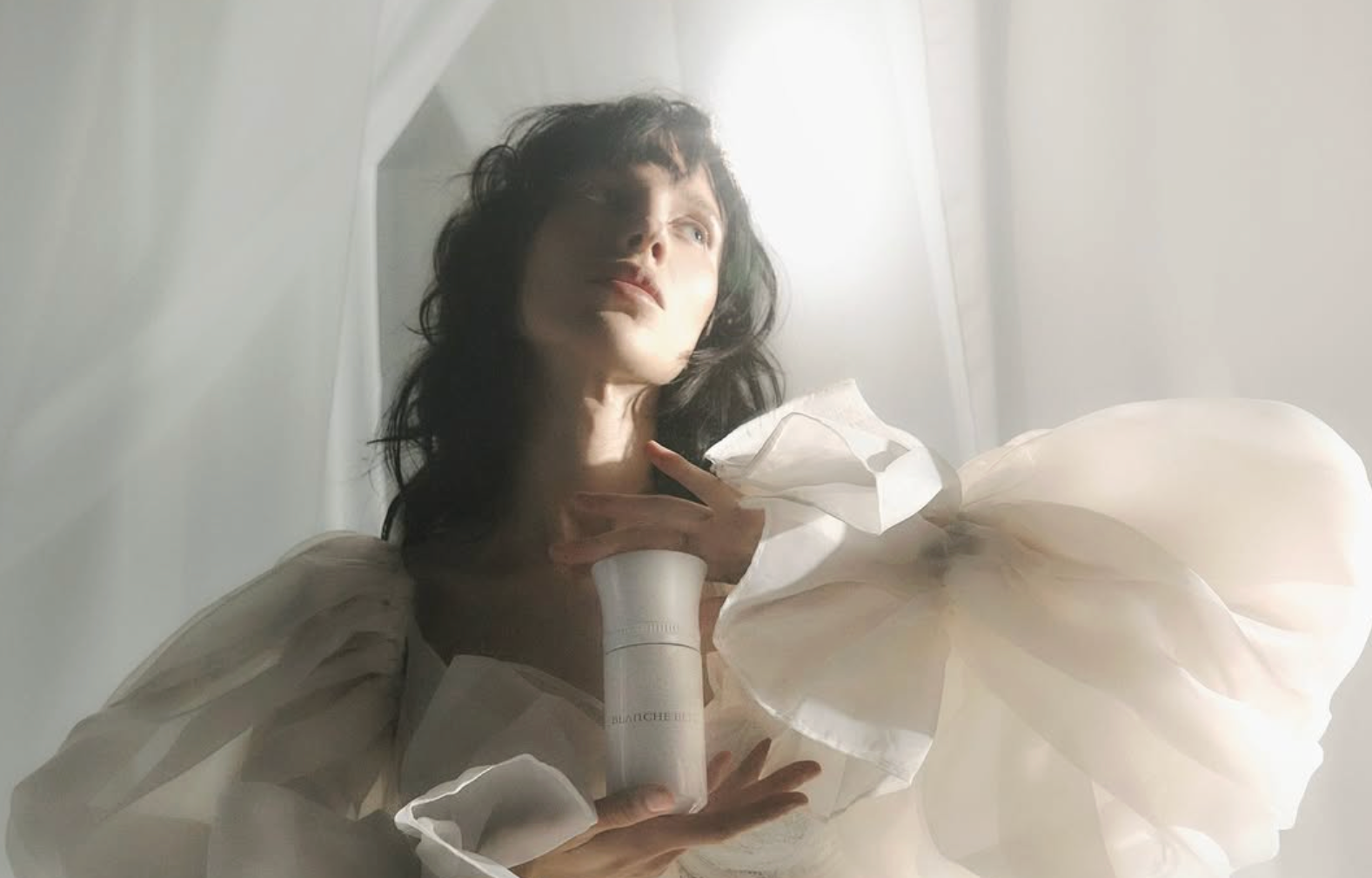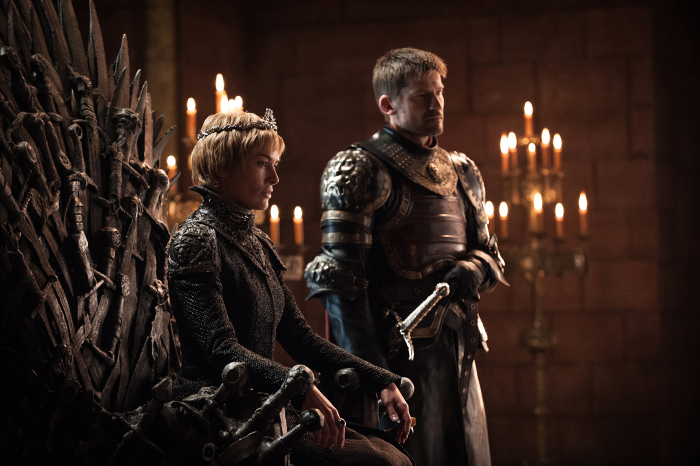
Is 2017 the year of the woman on screen? The long-awaited premiere of Game of Thrones gave us many things, but perhaps most importantly, it gave definitive proof that audiences want to see well-developed and strong female characters. Ed Sheeran’s random cameo aside, season seven is all about the ladies, and people are taking note.
Without spoiling anything, the women of the Seven Kingdoms are stepping up and away from their male counterparts. They are no longer sisters and wives in need of protection or pity, they are fully fledged assassins, military strategists, and leaders. Their equality is seen in more than just power, it comes in the form of their morality. These women are not all heroes, they’re also terrifying, complex villains, as prone to murderous rage and fault as any male- and it’s awesome.
In a world where real-life women are still fighting for equality and autonomy, it’s heartening to see this rise of on-screen heroines and anti-heroines. Taking in over US$635 million worldwide, Patty Jankins’ Wonder Woman become the highest grossing live-action film directed by a woman, ever. But that’s not the only record it smashed: it also earned the highest single-day sales for a female-directed movie, took in more over opening weekend than Iron Man, Thor, Guardians of the Galaxy and Logan, and has been named as the highest-grossing film of the summer. In short, it finally broke the age-old belief that female super-heroes don’t sell.
As these long-loved female characters finally develop into more substantial, well-developed, Bechdel-passing entities, some traditionally male roles are being transformed. It has just been announced that actress Jodie Whittaker will play the 13th regeneration of Dr. Who, marking the first time in half a century the iconic character is female. While there was negative backlash, many are seeing this as a pivotal moment in television. The traditionally male-focused show is known for having weak female characters. Usually the nurturing companions to the Doctor, these women are ultimately left behind as the lead pursues his further adventures.
This news has opened up the dialogue for another gender-swap: James Bond. That’s right, there’s a movement afoot to feminise the pinnacle of masculinity and suave bravado. Even the Bond-producers think there’s merit to a female spy, because they’re working on an “espionage thriller” starring Blake Lively. Charlize Theron, a popular pick for a ‘Jane Bond’ is also starring as a femme-fatale in the soon-to-be-released Atomic Blonde, out this week.
By no means is this transition new, it has been slowly bubbling and gaining traction for years. 2015 introduced the world to the fiercely independent Rey from Star Wars: The Force Awakens, and 2016 brought us the psychokinetic wonder that is Eleven (and Millie Bobby Brown in general). Before that, there was Buffy, Olivia Pope, Beatrix “Black Mamba” Kiddo, even Carrie Bradshaw and Mindy Lahiri. We’ve got our fingers crossed that this isn’t a trend, it’s a dawning of a new kick-ass age.
Let’s all take little Lady Lyana Mormont’s rousing speech to heart: “I might be small… and I might be a girl, but I am every bit as much a Northerner as you, and I don’t need your permission to defend the North. We will begin training every man, woman, boy and girl on Bear Island.” Defend on ladies, defend on gents! The world is our North, and winter has come!



